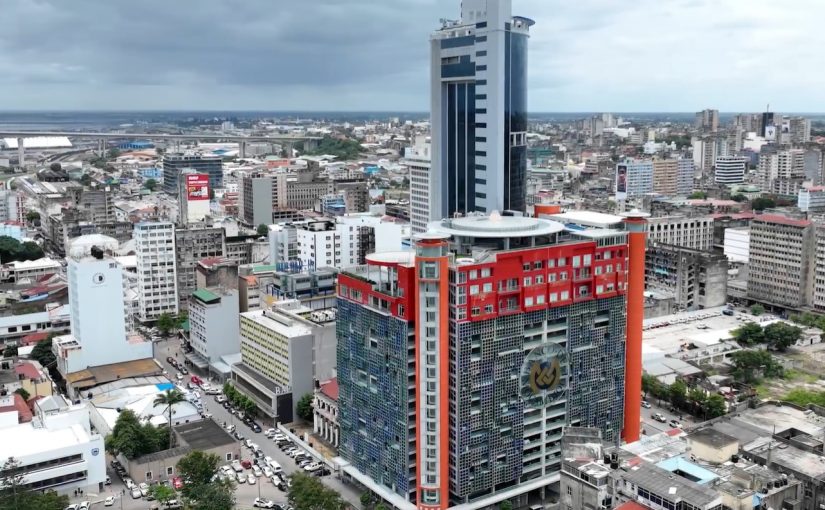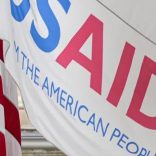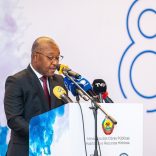UK Joins AGIA Fund to boost green infrastructure and inclusive growth in Mozambique and across ...
Mozambique: International reserves increase again in April

File photo: Banco de Moçambique
Mozambican Net International Reserves (NIR) grew again in April, for the second consecutive month, exceeding US$3.773 billion (€3.265 billion), according to data from the central bank compiled today by Lusa.
According to the most recent statistical report from the Bank of Mozambique, reserves – in foreign currency – had registered their lowest value in about a year in February, falling to US$3.593 billion (€3.109 billion). They rose 1% during March, to US$3.619 billion (€3.131 billion), and a further 4.3% in April, according to data from the central bank.
In April, the amount of international reserves covered more than three months of estimated import needs.
These reserves, which guarantee companies’ payment for goods and services abroad, reached US$3,807 million (€3,294 million) in July 2024, a three-year high.
The governor of the Bank of Mozambique, Rogério Zandamela, had acknowledged on May 30 that the country witnessed a “dollarization” of the economy between the end of 2024 and the beginning of this year, following the post-election crisis, namely in the attempt to withdraw foreign currency from banks.
“Today, looking historically – at the time it was not clear what that was – January was certainly the most difficult time […], I would say, from the end of the year, December, January. Then things calmed down,” said the governor, when answering journalists at the end of the Monetary Policy Committee (CPMO) meeting, in Maputo.
Zandamela was discussing, in particular, the guarantee that he had given at the end of March of sufficient liquidity in the foreign exchange market, when businesspeople were complaining about the lack of access to foreign currency to make imports, and the central bank, the following month, adopted regulations to facilitate the process.
According to the central bank governor, the position resulted from the assessment made up until then, having subsequently noted the attempt in the market to “shield itself with the ‘dollarization’ of financial and non-financial assets”.
“This is not unusual. The thing is that when there is a crisis situation – let’s be honest – it is also a problem of confidence. When it shakes confidence, you saw the trips abroad during that period, you saw many people leaving the country. Some lost confidence in the country, some wanted to sell everything they had and leave: ‘Does our country have a future or not?’ This pressure is not surprising, it happened. But no one said what they were doing, and they weren’t going to say anything,” Zandamela stated.
“There was indeed pressure [for access to foreign currency], and it was very strong. And the banks played a role […], the banks know their customers,” he commented.
Mozambique experienced a tumultuous post-election period after the general elections of October 9, 2024, with demonstrations, strikes, looting and destruction of companies and public institutions as a way of contesting the results. The clashes with the police also caused around 400 deaths, according to organizations on the ground.
The violence ceased after the meeting on March 23 between presidential candidate Venâncio Mondlane, who does not recognize the election results and called for protests, and Mozambican President Daniel Chapo, who was sworn in on January 15, during which both agreed to end the violence in the country.












Leave a Reply
Be the First to Comment!
You must be logged in to post a comment.
You must be logged in to post a comment.